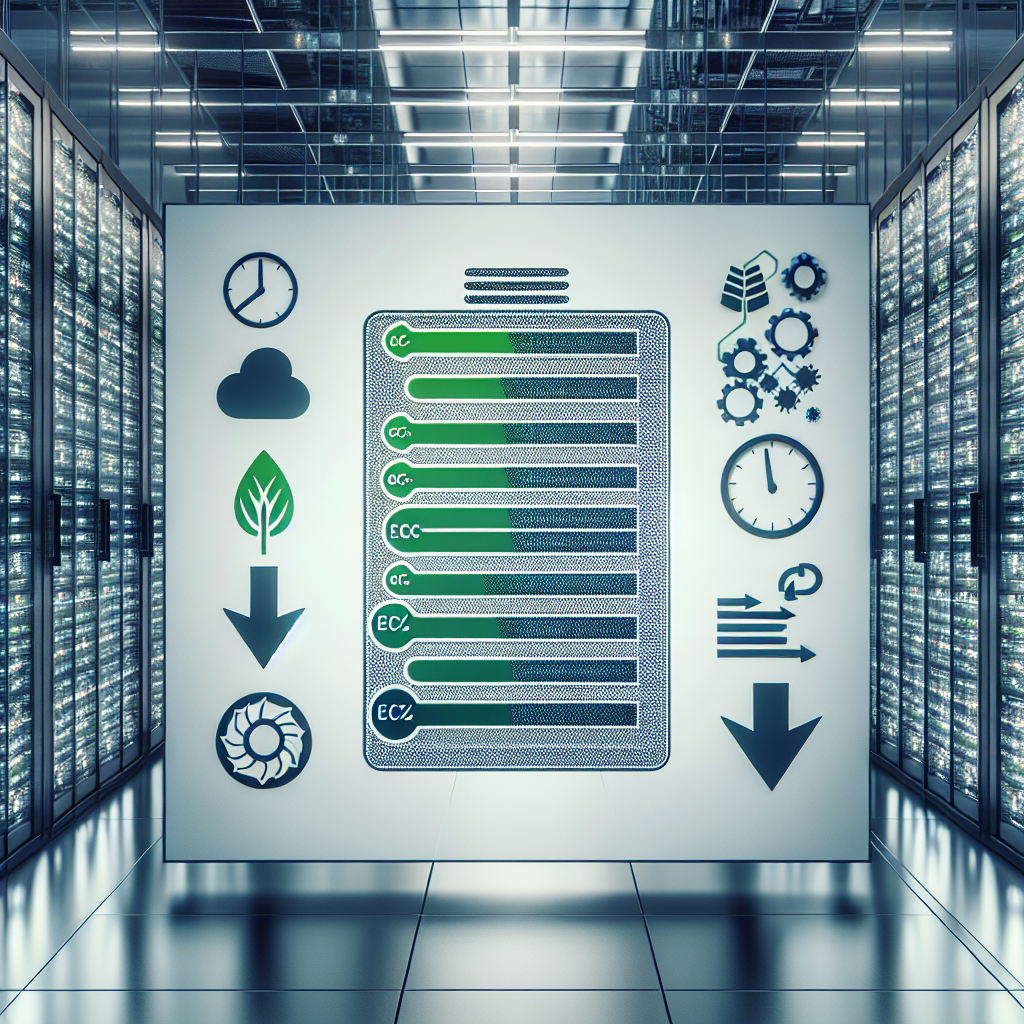Maximizing Energy Efficiency in Data Center HVAC Systems
Data centers are crucial to the functioning of businesses and organizations in today’s digital age. These facilities house a vast array of servers, networking equipment, and storage systems that are essential for storing and processing data. However, data centers are also notorious for their high energy consumption, particularly in the realm of heating, ventilation, and air conditioning (HVAC) systems. Maximizing energy efficiency in data center HVAC systems is crucial for reducing energy costs, minimizing environmental impact, and improving overall operational efficiency.
There are several strategies that data center operators can employ to maximize energy efficiency in their HVAC systems. One of the most important considerations is proper sizing and design of the system. HVAC systems that are too large for the space they are cooling will waste energy, while systems that are too small will struggle to maintain optimal operating conditions. By conducting a thorough assessment of the cooling requirements of the data center and selecting an appropriately sized HVAC system, operators can ensure that energy is not wasted on unnecessary cooling.
Another key strategy for maximizing energy efficiency in data center HVAC systems is the use of advanced cooling technologies. Traditional HVAC systems rely on mechanical cooling methods, such as air conditioning units, which can be energy-intensive. However, there are a variety of alternative cooling technologies available that can significantly reduce energy consumption. For example, evaporative cooling systems use water evaporation to cool the air, while free cooling systems take advantage of natural cooling sources, such as outside air or water.
In addition to selecting the right cooling technology, data center operators can also optimize the operation of their HVAC systems to maximize energy efficiency. This includes implementing temperature and humidity controls to ensure that cooling is only provided when necessary, as well as utilizing airflow management techniques to minimize hot spots and improve overall cooling efficiency. Regular maintenance and cleaning of HVAC systems are also essential to ensure optimal performance and energy efficiency.
Furthermore, data center operators can take advantage of data analytics and monitoring tools to track energy consumption and identify areas for improvement. By collecting and analyzing data on HVAC system performance, operators can pinpoint inefficiencies and implement targeted solutions to maximize energy efficiency. This may include adjusting temperature setpoints, optimizing airflow patterns, or upgrading to more energy-efficient cooling technologies.
Overall, maximizing energy efficiency in data center HVAC systems is essential for reducing costs, minimizing environmental impact, and improving operational efficiency. By selecting the right cooling technology, optimizing system design and operation, and leveraging data analytics tools, data center operators can achieve significant energy savings while maintaining optimal operating conditions. In today’s increasingly energy-conscious world, prioritizing energy efficiency in data center HVAC systems is not only a smart business decision but also a responsible environmental choice.


